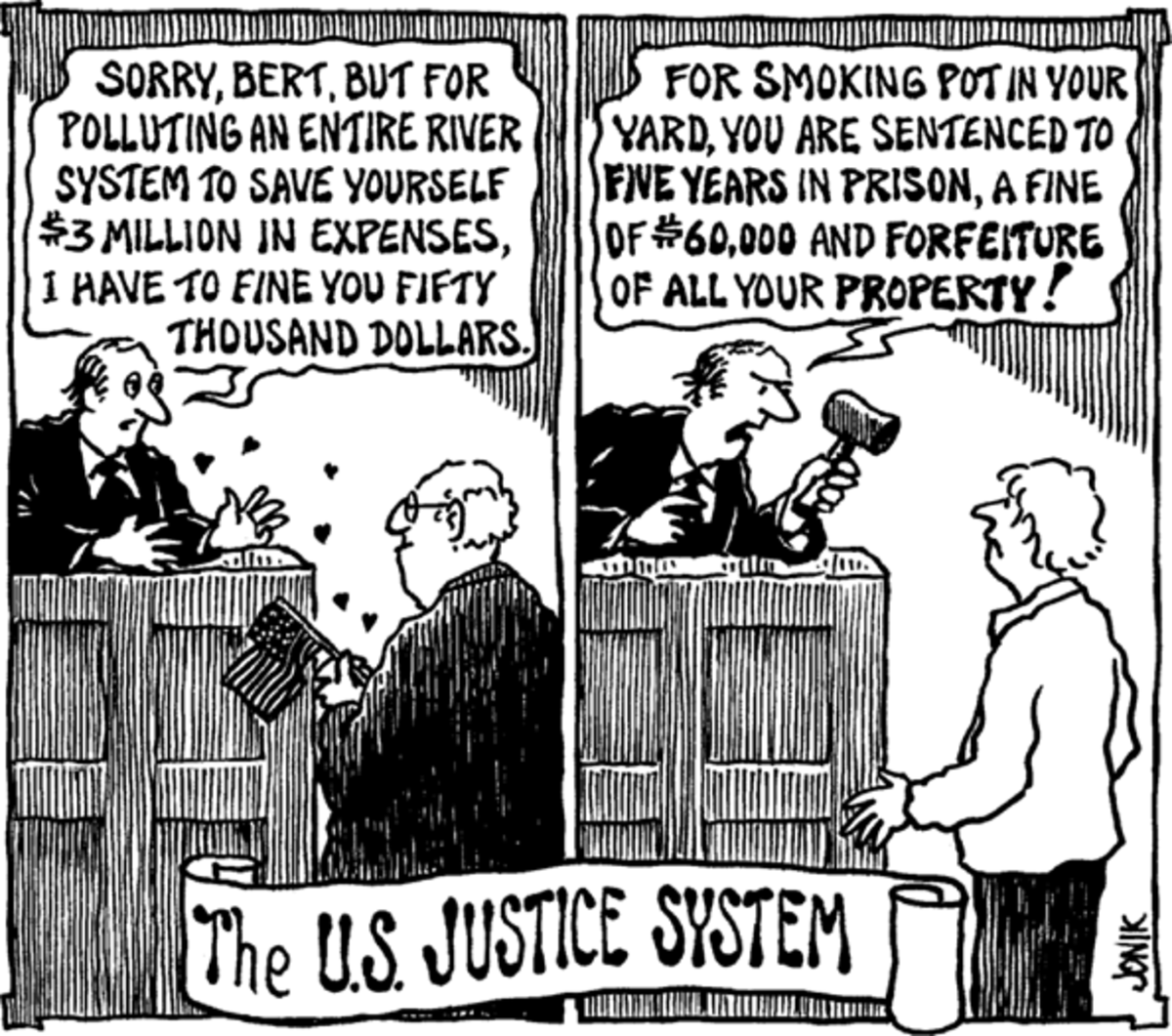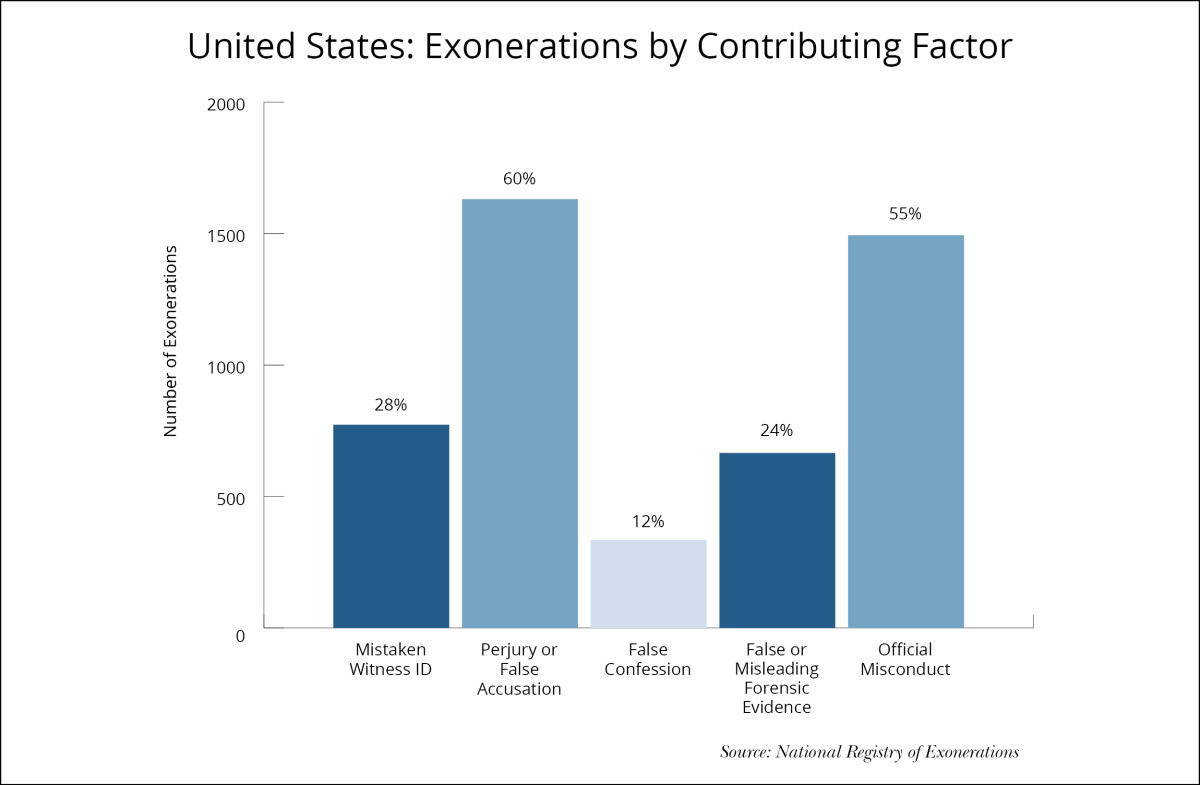Benchmarking discretionary practices in the criminal justice system

Benchmarking practices of discretion
Differences play a part in the development of any practices for success, taking into consideration the outcome that is expected to occur. The purpose of benchmarking is to mark the best practices that exist, ensuring that the best outcome is always reached.
The purpose of benchmarking practices with discretion in the criminal justice system is to ensure that all officials in the criminal justice system maintain the professionalism needed without negatively affecting the results with the attitudes or individual beliefs that compromise the integrity of what the law intends for structure and organization in the community.
To maintain the Law of the nation, the criminal justice system faces the issues of setting criteria for the enforcement of the law with the discretionary practices that could compromise the system’s reputation of justice being served. Professionals in the criminal justice system intended to maintain the right of each suspect through every step taken without compromising the practices intended to build the relationship between the community and law enforcement, maintaining the integrity of both judicial practices and community sanctions.
The main goal with benchmarking the best practices with discretion is to identify what works and what is questionable. With discretion in law enforcement, this is difficult with human variables, considering not all situations with an individual will fit into a defined category or individual situation. What benchmarking practices can do for discretionary judgment is minimize, structure, and provide an intended guide to making the best decision that supports the law’s intended goals with justice prevailing. This includes the training and education of each professional in the criminal justice system.
Benchmarking practices without compromising the law
The purpose of benchmarking practices with education and training is to ensure that police maintain the professionalism needed without negatively affecting any decisions with attitude or individual beliefs added to the decisions made. The intention of the process benchmarking is identifying the best processes and administration that can improve the performance of the services, yielding a better outcome for the community.
The objective of selecting the best processes with the interaction of the citizens and the police is the fostering positive relationships and ensuring processes involving the discretion of the officer reflects the objectives of the program and the decisions of law enforcement reflect the law. Each community faces problems custom to the people, lifestyle, and the engagement of activities that cause crime’s existence or the reduction of crime.
Benchmarking consists of identifying specific procedures that affect the police by promoting biased judgements without sensitive training and finding what the community needs from law enforcement. A structured and systematic process is critical to a program and a successful outcome. Without setting standards for a program, the potential for failure of the program from education or training of the staff affects the outcome.
The purpose of improving a process involves the adoption of structures or methods that improve by using the education of police officers and controlling the discretionary practices. Decisions affect the proficiency of the law. Successful outcomes depend on the decision-making abilities of the individuals and the organization to maintain the effectiveness of the vision, responsiveness, and innovation necessary to maintain good interactions with the citizens.
Police Officers use their knowledge and skills to decide the best outcome in every situation. The development of benchmarking effective practices lies in the decisions made by criminal justice officials. The ability to enforce the practices on the discretion of the police by setting guidelines for reaching the best decisions. Defining the best practices through benchmarking would improve the enforcement of the laws and the criminal justice system.
Criminal Justice
Related searches
- Making money and finding success by using your talent: How you can help yourself make money today
The only way to make money is to find your talent. There are many opportunities for success. What are you waiting for? You are only as good as what you give. - Society and crime theory : biological and classical...
The study of criminological theory is an opportunity to analyze crime through explanations for the creation of criminals and criminal behavior. Each theory explains a reason for crime, adding logic for the criminal attraction. - The Trayvon Martin case: Is George Zimmerman guilty ...
The Trayvon Martin killing brought attention to Florida's Stand your ground law. George Zimmerman defended his actions with this law, claiming his life was in danger against an unarmed teenager. Is George Zimmerman innocent or guilty of killing Trayv - Who is to blame when a child goes bad? How parents' ...
Parents are the central part of a child’s life, providing guidance and morals needed for the future. When a child is exceptional, a parent quickly takes credit for the influence on the child and how they contributed to the successful outcome of child - The Cleveland Kidnappings: How Amanda Berry, Gina De...
May 6, 2013 will forever be remembered as the day that a miracle occurred, three times over. After a decade of enduring violence, torture, and captivity, Cleveland’s missing persons Amanda Berry, Gina Dejesus, and Michelle Knight are finally free and - How losing weight while quitting smoking is possible...
You are on your way to quit smoking for good, but starting to realize that you are replacing food for your cigarette.…..the replacement of one addiction with another- the eating too much and gaining weight factor. This is a problem that many individu - Metabolism and weight gain : Stop losing the battle ...
Metabolism is influenced by several factors that could prevent you from losing weight and feeling better. Some factors cannot be avoided, but some are directly affected by the choices you make. Knowing what affects your metabolism will help you start - Make money fast through niche topics
Making money online is easier than you think. There are many opportunities online that will give you a steady, passive income from writing articles online. Start making money today. - Top 10 workplace etiquette mistakes: coworkers with ...
When it comes to workplace etiquette, many forget what it means to be respectful to others. Some even take it as far as thinking the world revolves around them, and that attitude is carried into the workplace environment. Workplace etiquette is the m - Qualities that will get you noticed at work: Punctua...
Companies rely on employees to fulfill the needs required to succeed in today’s economy. What a job expects is an employee who will show up to work when required for the job to reach its goals.









